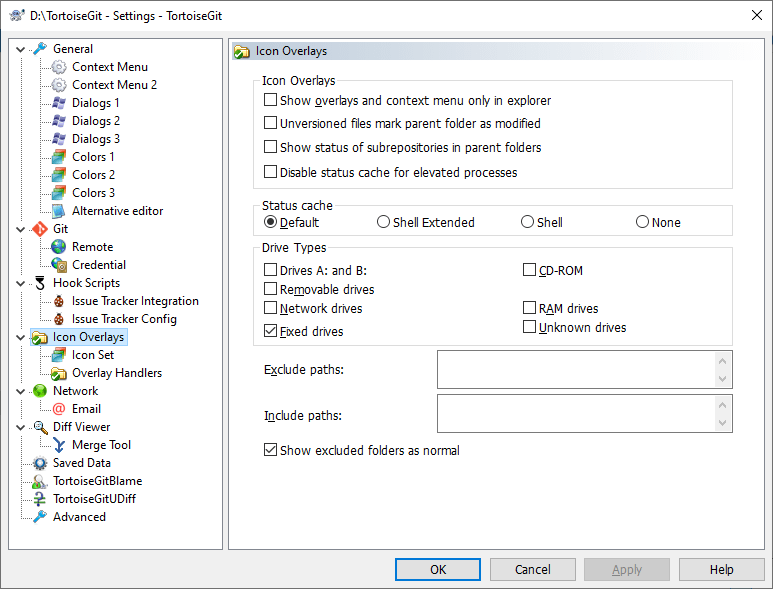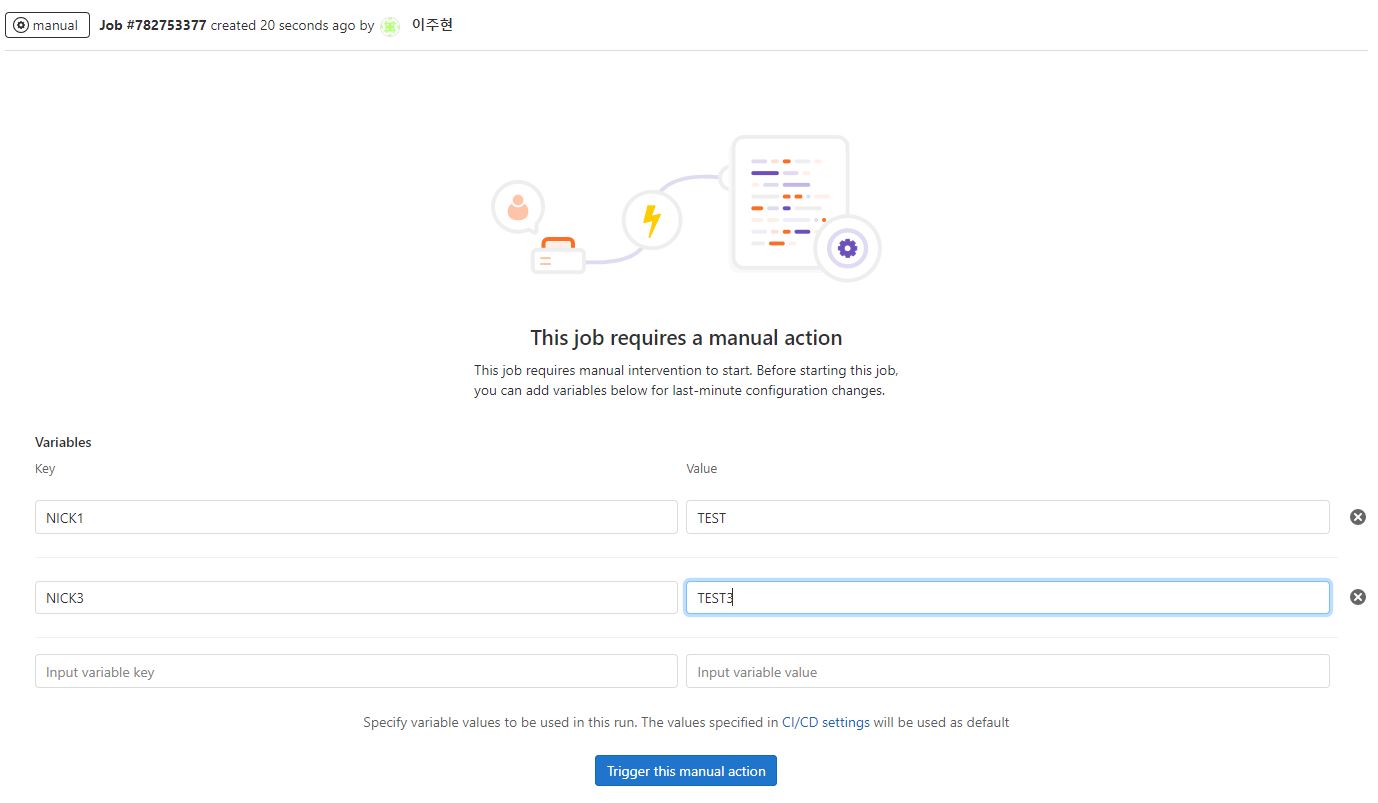

- #How to setup gitlab on windows how to
- #How to setup gitlab on windows install
- #How to setup gitlab on windows update
- #How to setup gitlab on windows code
Uncomment those lines (remove the #) and then change false to true and enter a valid email address inside the empty characters. To do that, locate the following two lines (around line 1519): If you configure GitLab to use a domain, you’ll have to enable SSL. If you’re using an IP address, make sure to drop the https in favor of http. Within that file, you’re looking for the following line:Įxternal_url ' Modify that to reflect either your server domain or IP address. Open the file for editing with the command sudo nano /etc/gitlab/gitlab.rb. There is only one file to edit for configuration.
#How to setup gitlab on windows install
Sudo apt-get install gitlab-ce Configuring GitLab With the dependencies ready, we must install the necessary repository with the following commands:įinally, install GitLab with the command: If you do go that route, you’ll need to install the mailutils package, like so: If you’re users are familiar with Linux, you could always select a local-only Postfix configuration, knowing that all users would have to use the mail command on the server to check to see if they have any mail delivered by GitLab. Select Internet site, and then enter either the domain or the IP address of the server.
#How to setup gitlab on windows how to
Sudo apt-get install ca-certificates curl openssh-server postfixĭuring the above installation, you will be asked how to configure Postfix. This can be handled with the following command: The first thing that must be installed is the necessary dependencies. Once those commands run, you are ready to install GitLab (assuming you don’t have to reboot the server). Open up a terminal window on the server and issue the commands: If this is a production machine, make sure to run this process during off hours. Please know that–should the kernel upgrade–a reboot will be necessary.
#How to setup gitlab on windows update
The first thing you must do is run an update or upgrade. If you’re running this on a virtual machine, make sure the VM exceeds those resources. In order to install GitLab, you will need a server with at least two cores and 4GB of RAM. I will assume you already have Ubuntu Server up and running, and have access to an account with sudo rights. I’m going to walk you through the process of installing GitLab on Ubuntu Server 16.04. GitLab is fairly easy to install and incredibly simple to use. GitLab allows you to host an on-premise Git repository that can be accessed from either your local LAN or (if you have an available public IP address) from outside your company. So when you want to host your own repositories, where do you turn?

You can certainly opt to go with GitHub, but that negates the ability to host locally. If you’re a Git user, you know that having local repositories that can be accessed via a local LAN (or external WAN) is a crucial element of the development process. Jack Wallen shows you how to set up your own GitLab server, so you can enjoy the power and flexibility of a LAN (or WAN) based Git repository. It can show you the size of dependence and help you with its management.How to set up a GitLab server and host your own Git repositories The Import Cost plugin is made for JavaScript and TypeScript, and it helps you keep track of new or recently added dependencies to your project.
#How to setup gitlab on windows code
OzCode even came up with a “Simplify” option that makes code visualizations for a developer to see which expressions are true or false instantly. Every time you get to the breaking point, OzCode can evaluate your code lines and predict the result with a Heads-Up display. The usual debugging process allows you to see how your app is functioning in the present. With OzCode, you can predict future code functionality, have insights, and evaluate expressions. OzCode gets integrated with the Visual Studio debugger to expand its features. This way, you can quickly fix them without losing precious time.

OzCode is a VS extension that makes your debugging process faster and more productive as its tracking down and isolating code bugs.



 0 kommentar(er)
0 kommentar(er)
